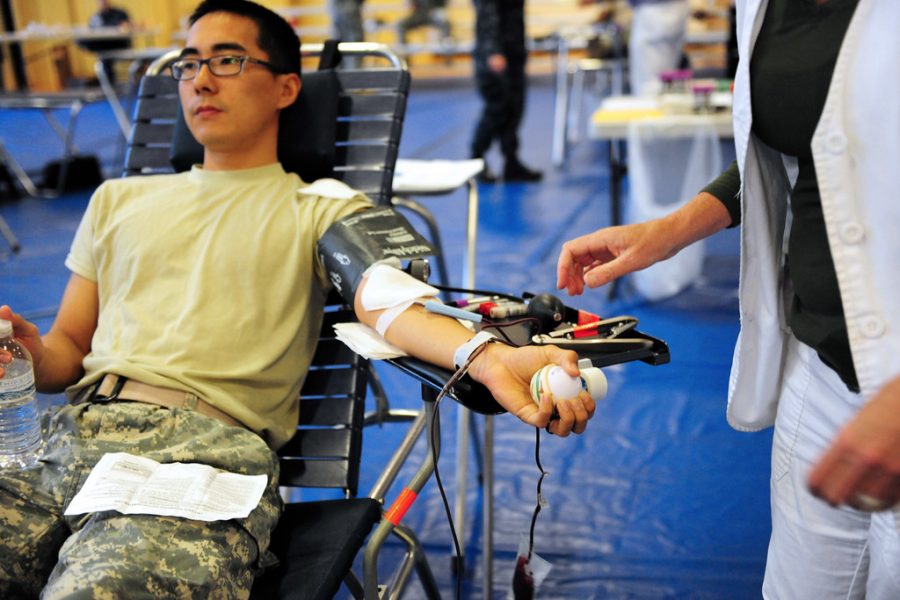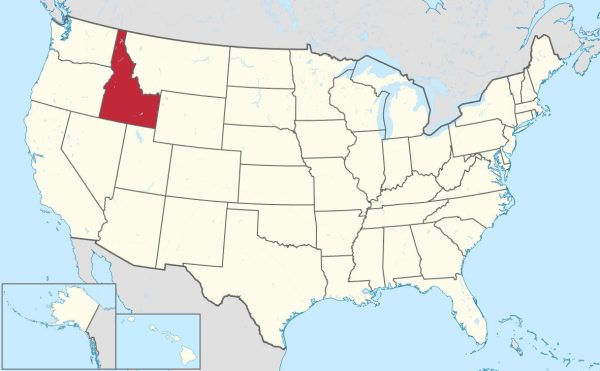NHS Blood Drive
Steven Shepard
“CHOMP Blood Drive” by Presidio of Monterey: DLIFLC & USAG is marked with Public Domain Mark 1.0.
On Thursday, November 10, Findlay’s NHS chapter held a blood drive in collaboration with the American Red Cross Association at Findlay High School where students and community members were able to donate blood to support those in need.
Held in the FHS Auxiliary gym, individuals 16 and older had the ability to participate in donating one pint of blood to the Red Cross. This blood could potentially be used to save three separate people, which many students and adults see as a great opportunity to give back.
“Every day, blood donors help patients of all ages: accident and burn victims, heart surgery and organ transplant patients, and those battling cancer. In fact, every two seconds, someone in the U.S. needs blood,” the American Red Cross stated.
The NHS blood drive is an annual event and members of the Findlay chapter are designated to sign up two individuals to participate. As well as this, Findlay’s NHS students volunteer fervently, assisting the Red Cross professionals in any way they can.
“We set up tables and helped the volunteers bring in their gear and organize the names and times into a spreadsheet,” NHS member Jess Hughes said.
At the blood drive, participants are required to fill out a questionnaire before they begin. Following this, blood pressure and temperature are taken to ensure the donor is healthy and able to participate. Donors are then hooked to the blood bag, then to be filled with a pint of blood. After donating, participants are able to stay for as long as they like to regain strength.
Although donating blood can be a somewhat scary and nerve wracking process, the benefits of the process far outweighs anything else. Student and community members usually fill all donor spots within the first several days of the list being open, even leaving individuals who can step in as substitutes. The FHS blood drive is a great opportunity to give back, and is a great experience for NHS members and donors alike.
“People usually donate because it feels good to help others, and altruism and volunteering have been linked to positive health outcomes, including a lower risk for depression and greater longevity,” according to a study by Columbia University Medical Center.
In the end, 20+ FHS students and staff donated during the blood drive.
Your donation will support the student journalists of Findlay High School. Your contribution will allow us to purchase equipment and cover our annual website hosting costs.





